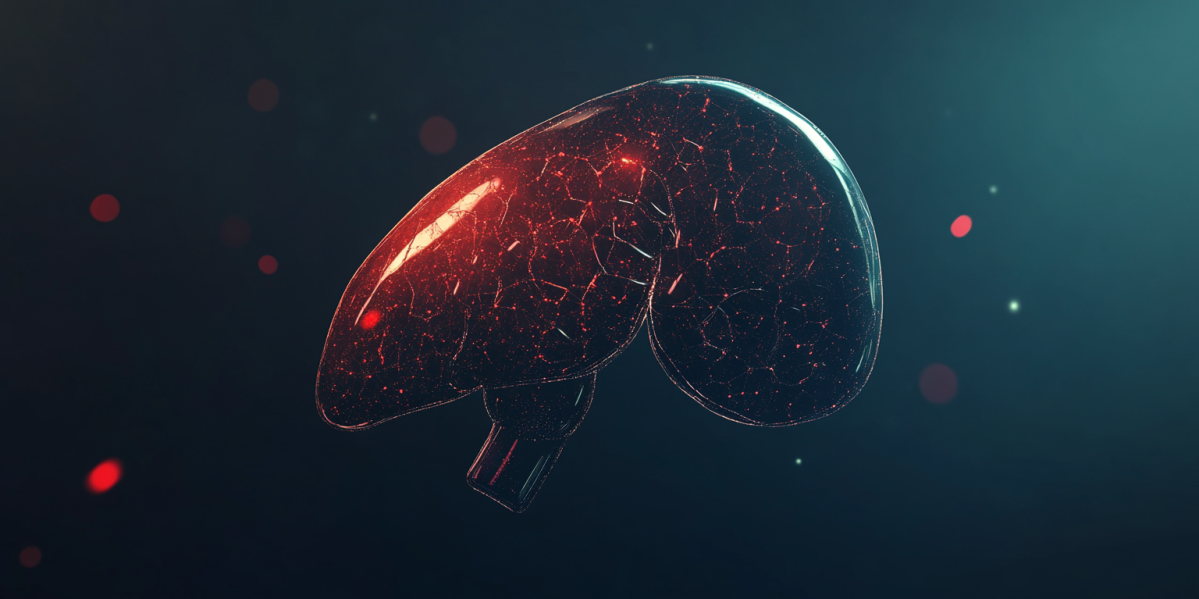
13 Signs Your Liver is Not Functioning Properly
Your liver is an essential organ. It has an extremely important responsibility for filtering your blood and clearing your body of toxins. It is also responsible for making substances such as bile, Proteins, Albumin, Fat Soluble Vitamins, Cholesterol, etc that are needed and also aids in the digestion of food. Even these are only a few of the hundreds of vital functions the mighty liver performs each day.
A healthy liver works without any problem. But sometimes something can go wrong and your liver doesn’t function properly. In this particular case, you should identify the signs and understand what action to take.
Unfortunately, most problems related to your liver do not cause observable symptoms in the initial stage. Certainly, it is difficult to know if your liver is not working properly.
Below, we have answered the most common questions about liver health—what conditions can easily damage your liver, what are the signs you should focus on, and how to keep your liver functioning at its optimal level.
What potential issues could affect your liver?
- Viral Hepatitis is a virus that causes inflammation that can affect the functioning of the liver. There exist multiple strains of the virus (hepatitis A, B, and C).
- Cirrhosis causes scarring(Liver Scarring). As the scar tissue replaces healthy liver tissue, it can easily impair the liver’s potential to perform properly.
- Fatty liver disease is exponentially rising in India, because of a bad diet and rising rates of obesity. A collection of surplus fat within the liver can progress toward nonalcoholic fatty liver disease(NAFLD) and nonalcoholic steatohepatitis(NASH). Excessive alcohol consumption can lead to alcoholic fatty liver disease.
- Liver cancer arises when abnormal cells in the liver multiply. Cancer is more likely to spread to your liver from another part of your body than to originate in the liver itself, but its occurrence still exists.
- Liver failure can occur from any type of liver condition that gradually rises over time. As this can be fatal, multiple treatments are available that can help slow down the progression of the condition. In some liver failure cases, a Liver transplant becomes Compulsory.
What are the major signs of liver disease or damage?
As stated earlier Liver problems may not show any major symptoms or signs in the early stages. Still, it would help if you focused on any of the below indications to become aware of liver problems that you may be suffering from. If you notice any of these signs, consult a nearby Hepatologist urgently:
- Jaundice (Yellowing of the skin and the eyes.)
- Swelling or slight pain in the abdomen
- Easy bruising
- Itchy skin
- Swelling in the legs or ankles
- Easily Losing weight without trying.
- Loss of appetite
- Nausea and vomiting
- Weakness or continuous fatigue
- White, chalky stools
- Low blood pressure
- Mental confusion or loss of balance
- Tremors (shaking)
However, there are numerous symptoms that can also be attributed to other major conditions. For the testing of the working of the liver, a simple blood test generally known as a Liver Function Test also known as the hepatic panel is done. Other different tests, mainly the ultrasound, CT scan, MRI, or biopsy, can also be performed if liver damage, liver enlargement, or Liver cancer is suspected.
How to keep your liver healthy?
There are no exact steps to follow for liver health which will surely help prevent liver disease, but you are always expected to follow the below-listed tips for lowering the overall risk:
- Avoid consuming excessive amounts of alcohol.
- Stay away from illegal drugs and chemical exposure, and refrain from smoking.
- Always focus on having safe and secure physical relations to reduce the risk of hepatitis infection. Additionally, avoid sharing needles, razors, or other personal care items.
- Be mindful of warnings regarding medications that can harm the liver. Exercise caution when combining medications with alcohol, and avoid exceeding the recommended dosages of medications or vitamins.
- Keep a healthy weight, follow a nutritious diet rich in vegetables, and engage in regular exercise.
It’s extremely important to talk to your family doctor or a Experienced Hepatologist about any changes in your health. To find a primary care doctor, visit Dr. Hemamala Ilango today in Chennai.
Source: https://www.mayoclinic.org/

Leave a Reply